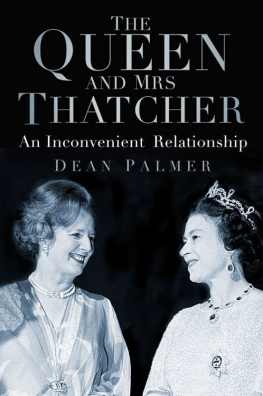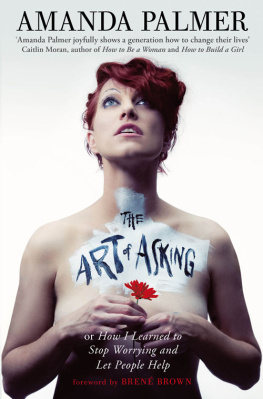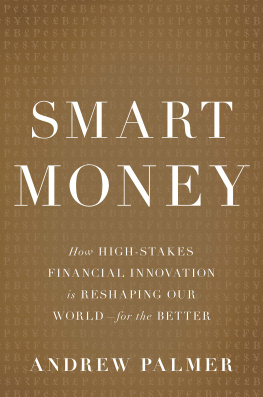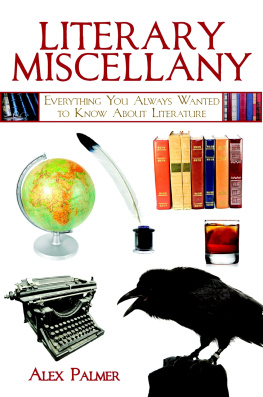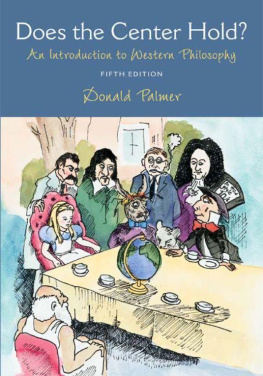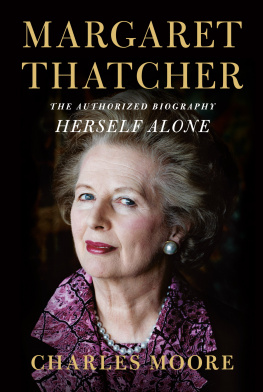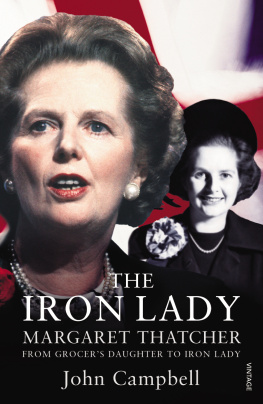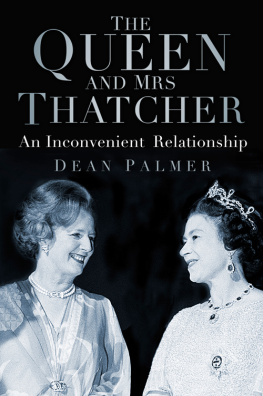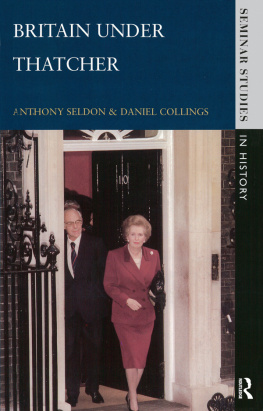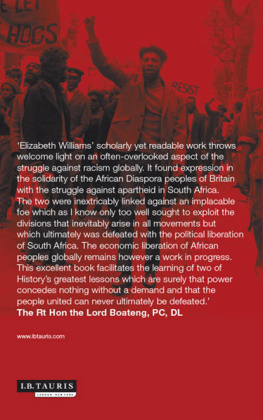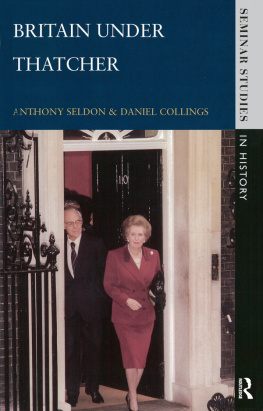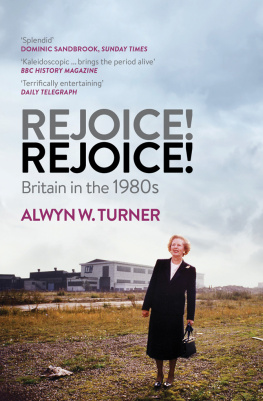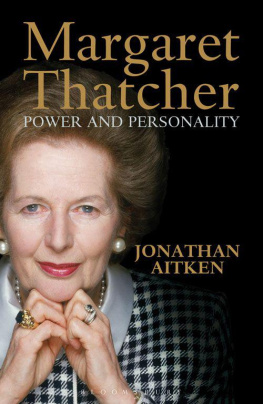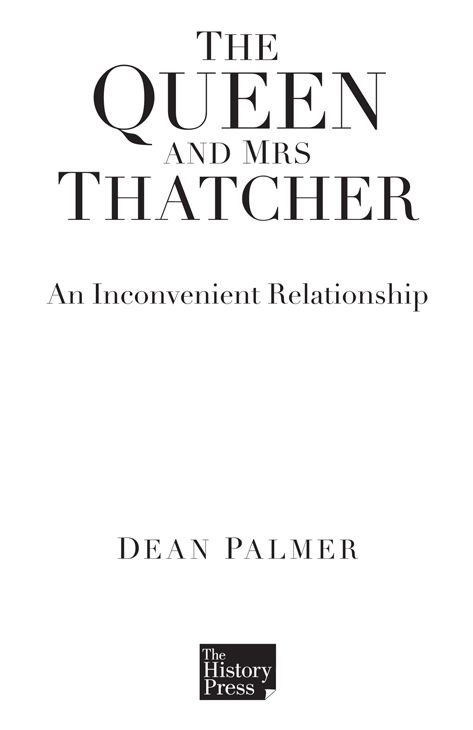
For Mum and Dad
I would like to thank the following people who helped with the research and preparation of this book:
Darley Anderson, Mark Beynon, Kate Dunn, Andrea Messent, Juanita Hall, Jessica Bale, Kerry Green, Mary Darby, Peter Carington (6th Baron Carrington), David Owen (Lord Owen of the City of Plymouth), Jeffrey Archer (Lord Archer of Weston-super-Mare), Edwina Currie, Sir Bernard Ingham, David Steel (Lord Steel of Aikwood), Tim Bell (Lord Bell of Belgravia), Ronald Allison CVO, Michael Dobbs, Denis Healey (Lord Healey of Riddlesden), Dr Daniel Conway, Geoffrey Howe (Lord Howe of Aberavon), Nigel Lawson (Lord Lawson of Blaby), Maggie Smart and Angie Nuttall.
I should also mention friends and family who have been supportive throughout this process: Mary-Jane Evans, Deborah Wearn, Kate Shepherd, Jackie Moore, John Baldry, Patricia Turnbull, Rachel Himbury, Angela Holden, Kim Palmer and Kay Palmer.
The following archives and libraries also proved invaluable, foremost being the documents stored in the online archive at the Margaret Thatcher Foundation. Other sources include the British Library, the London Library and the Chichester Library. This book has also benefited from the release of new documents, particularly from the National Archives in 2013.
Most factual writers pluck fragments, large and small, from their predecessors work. In writing this book I also found the works of the following authors extremely useful, in particular, the many excellent biographers of Queen Elizabeth II and royal writers, including the late Ben Pimlott, Sarah Bradford, Sally Bedell Smith, Piers Brendon, A.N. Wilson and Andrew Marr, as well as the biographers of Margaret Thatcher, including Penny Junor, John Campbell, Jonathan Aitken, Robin Harris, Charles Moore and Claire Berlinski.
Of great use were the two books written by Carol Thatcher, A Swim-on Part in the Goldfish Bowl and Below the Parapet. There were several incredibly useful articles in Vanity Fair , in particular The Blooming of Margaret Thatcher by Gail Sheehy (June, 1989) and The Invincible Mrs Thatcher by Charles Moore (December, 2011). Andrew Neils autobiography, Full Disclosure , was excellent in illuminating the facts of Michael Sheas press leak which opened the shutters on the relationship between monarch and prime minister.
The research done by journalists Mark Hollingsworth and Paul Halloran into Mark Thatcher is also revealing, as was an article about Prince Andrew entitled The Trouble with Andrew, by Edward Klein in Vanity Fair (August, 2011), and the various investigations carried out by the Mail on Sunday.
Around the time of Mrs Thatchers death and funeral in April 2013, I found many newspaper articles and press reports useful. In particular, the coverage by the Daily Telegraph , Sunday Telegraph , Daily Mail , Mail on Sunday , Daily Mirror , Sun , The Times , Sunday Times and Independent.
Also of use was the Channel 4 documentary on The House of Windsor (December, 2007) presented by Dr David Starkey, and the four part BBC documentary series The Downing Street Years (September, 1993), based on the prime ministers own memoirs.
CONTENTS
We have become a grandmother.
Margaret Thatcher
On 28 February 1989, Mrs Thatcher emerged from the doorway of 10 Downing Street at great speed. Sporting blonde hair as rigid as fibreglass, oversized pearl earrings and a purple winter coat trimmed with black fur, she had the distinct air of Cruella de Vil. Tottering over to the waiting television cameras, she smiled and then said the immortal lines, We have become a grandmother.
It seemed to the world as if the prime minister was losing touch with reality. The use of the so-called royal we (the majestic plural) is normally restricted to the head of state alone. Even then, it is heard only once a year when the queen reads her speech from the throne at the beginning of the parliamentary session. Its use by a mere prime minister was pure hubris. Such conceit resulted in some linguistic jokes at her expense: Why is Margaret Thatcher like a pound coin? Because she is thick, brassy and thinks shes a sovereign.
This is the story of two powerful women who met and disliked each other on sight. For over a decade, they politely waged a quiet war on both personal and political fronts. Elizabeth found the means to snub and undermine her prime minister through petty class put-downs and press leaks. Margaret attacked her monarch by sidelining her, upstaging her and allowing Murdoch to crucify the royal family (although he was aided considerably in this by their own sheer folly).
In writing this book, Ive identified four stages in their complex relationship: their first encounters, when the queen was suspicious of a female politician and the new prime minister was awed by her sovereign; Thatchers victory in the Falklands, marking the start of her hubris and her usurpation of the queens role; the queens genuine fear that her radical prime minister was dividing her country and threatening her beloved Commonwealth, and finally, the shock and sympathy felt by the queen for Margaret when she was thrown out of office by her own Cabinet colleagues.
THE IRON LADY AND
THE ENGLISH ROSE
The meetings between the queen and Mrs
Thatcher are dreaded by at least one of them.
Anthony Sampson
At Conservative Central Office in Smith Square on 4 May 1979, Margaret Thatcher waited impatiently with her husband, Denis, her daughter, Carol, and favoured son, Mark, for the royal summons to Buckingham Palace for an audience with the queen. The previous night, Mrs Thatcher had won an astonishing general election victory defeating the rival Labour Party by 339 seats to 269. While she was still in her twenties, she had been told by a fortune teller at a fte in Orpington that she would be great, great as Churchill. Now she was on the verge of formally being offered the job of prime minister by her sovereign, Elizabeth II.
The atmosphere in the room was like the first day of a new school term, buzzing with feelings of anticipation, excitement and nervousness. Staff posed for a photograph, wearing slogan tops that read, I thought on the rocks was a drink until I discovered the Labour Government.
Margaret would not become prime minister until the Labour incumbent, Jim Callaghan, had tendered his resignation to the monarch. Protocol dictated that Mrs Thatcher would then kiss the regal hand and officially be asked to form a government by the queen. Only at that point would she become Britains first female premier. Elected by the people, the job of prime minister remained, in theory at least, in the gift of the queen.
Now, dressed in a royal blue power suit, cream patterned blouse and her hallmark pearl earrings, Mrs Thatcher waited. And waited. Each time the office phone rang the entire family jumped in anticipation. Was it Buckingham Palace this time? Margarets biggest fear was that she would bump into the defeated James Callaghan en route to the palace, which she felt would be embarrassing. What if the two cars crossed? What was the etiquette for greeting a defeated political rival?
I wouldnt want him to think Im rubbing it in, she declared.
Denis sensibly reminded her, Buck House has been doing this for years. I imagine they know the form by now.
Finally, the phone rang again. Everyone appreciated this must be the official phone call from the palace. Caroline Stephens, Mrs Thatchers diary secretary, went to answer it. Everyone else strained their ears, listening.
Wrong number, she said. Silence fell for five minutes until the phone rang again. Tensions were running high. This is it! declared Caroline, and she went through to take the call. Again everyone struggled to hear. Yes, she said. Oh, thank you, would you hold on, she came back into the room. Mr Heath would like to offer you his congratulations, she whispered.
Next page
